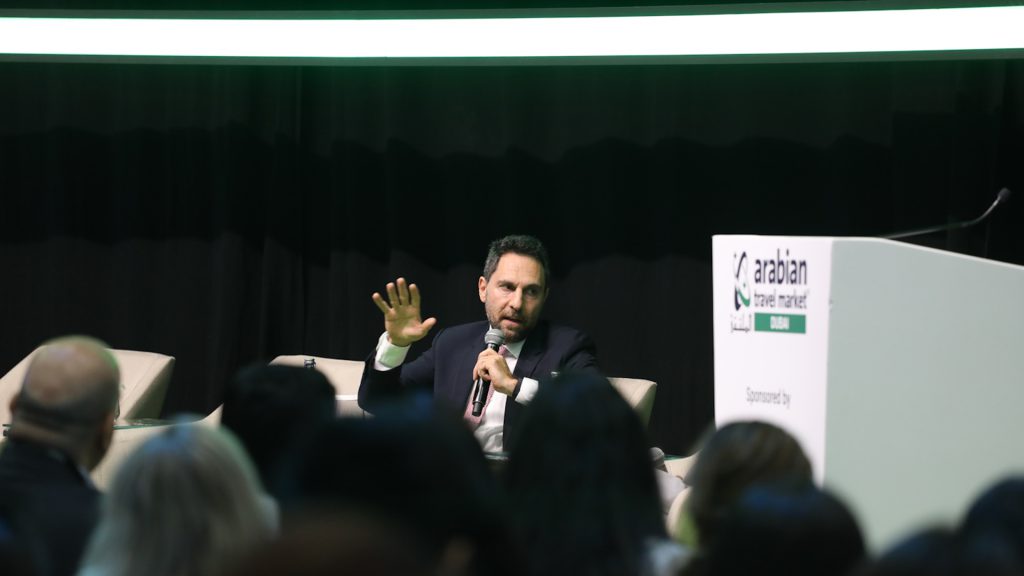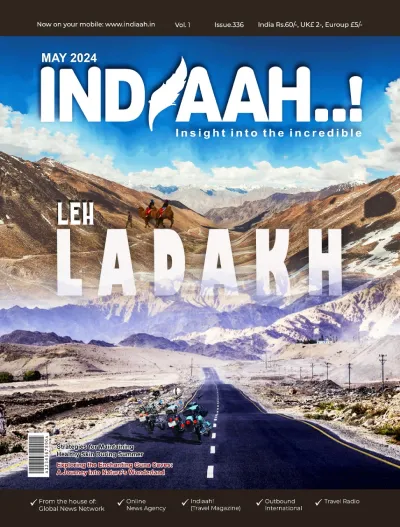
Travel & tourism experts from across the industry convened at the Arabian Travel Market (ATM) 2024 Future Stage on Monday (May 6) to discuss the complexities of navigating the transformation of hospitality.
Slow travel, a movement that encompasses sustainable travel, mindful travel, and low-impact travel, sustainable practices and the use of AI and data to enhance the travel experience emerged as key actionable strategies for future proofing travel and hospitality businesses in the Middle East region.
The opening session entitled Trends Shaping the Future of Hospitality in the Middle East, brought together senior representatives from IHG Hotels and Resorts, Marriott International, Four Seasons Hotels and Resorts, Banyan Tree Dubai, Mastercard and Silkhaus. The diverse panel provided a broad perspective on the challenges and opportunities facing today’s hospitality industry.
Haitham Mattar, Managing Director, Middle East, Africa and SouthWest Asia, IHG Hotels & Resorts, initiated the hospitality trends session with an insightful discussion on the dynamic transformation within the hospitality landscape.
Addressing a packed venue of trade professionals, Mattar highlighted the importance of how destinations and hotels identify their respective source markets: “The COVID-19 pandemic has changed the way generations choose to travel, with outdoor adventure now taking the No. 1 spot away from “beach, sun and sand”. For the industry to stay afloat in difficult times, the private sector needs to mirror the vision of their respective tourism authorities and work together to ensure appealing spending packages for those markets.”
He also outlined how generational shifts and emerging travel behaviours are giving rise to global travel trends such as slow travel and similarly, with the hospitality industry responsible for 10% of global emissions, consumers are now willing to spend up to 31% more on hospitality companies that execute sustainable practices.
Lastly, he highlighted how innovation in the hospitality industry is triggering the pace of digitalisation. “The future use of technology and AI will be critical for us to get a clear idea of how to enhance consumer preferences. Specifically, travel anxiety is starting to reduce with technology, and the focus should now be firmly on the traveller’s experiences,” he added.
Also speaking about the transforming needs of the market, Sandeep Walia, Chief Operating Officer, Middle East – Marriott International, echoed Mattar’s sentiments as he highlighted slow holidays, sustainability, the rise of AI and dupe destinations – similar to traditional holiday destinations but closer in geography – as some of the key travel trends for the next three years, according to the “Marriott Bonvoy Travel Trends report 2024 and beyond’.


